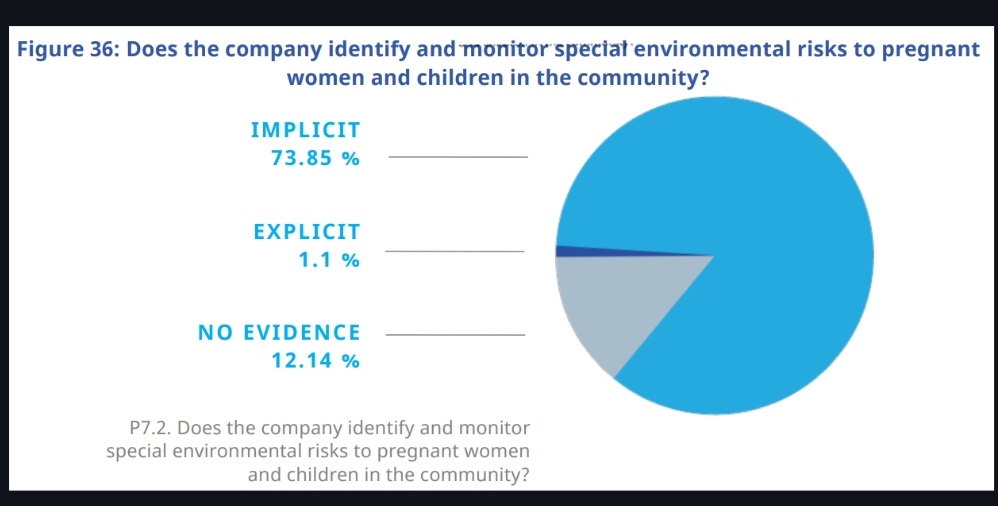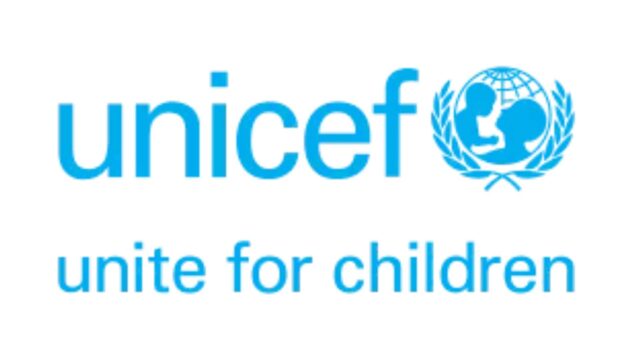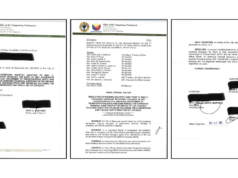The Securities and Exchange Commission (SEC) and UNICEF have called on businesses in the Philippines to put children’s rights at the center of their corporate sustainability and governance strategies.
In a baseline study commissioned by UNICEF, in partnership and with support from SEC, Investing in the Future: Why Do Children Matter in the Public Listed Companies Sustainability Reports, they found that children’s rights are rarely addressed explicitly in over 80 public companies in the Philippines that they reviewed, often overlooked in due diligence and stakeholder engagement processes.
One such finding is the effect of climate shocks on children and pregnant women, which are among the most vulnerable groups. Around 85 per cent of companies failed to mention children and pregnant women in their reports on environmental risks and metrics.

The Philippines has registered the highest disaster risk index in the World Risk Index (WRI), for three consecutive years. A UNICEF Report also ranks the Philippines the second highest in the East Asia and the Pacific Region in terms of climate risk from a child’s perspective.
The study further showed that companies are more likely to consider children’s rights only when directly impacted, when regulations require it, or when advanced reporting frameworks are in place.
A win-win for government and companies
Integrating children’s rights into corporate sustainability strategies aligns with global frameworks such as the United Nations Guiding Principles on Business and Human Rights and the Children’s Rights and Business Principles developed by UNICEF, Save the Children, and the UN Global Compact. These frameworks call on governments and businesses to actively respect and uphold children’s rights.
“Recognizing children’s rights in the Philippines in corporate sustainability practices is a win-win for both businesses and the government. Companies promote sustainable practices to achieve their triple bottom line, while the government investments in children help build an equitable and sustainable future for generations to come,” said Carmen Gonzalez Ortiz, UNICEF Philippines Chief of Private Sector Fundraising and Partnerships.
SEC Commissioner Rogelio Quevedo further echoed that the study is a step forward in advancing their shared commitment to responsible business conduct and investor protection through child rights-aligned practices.
“Publicly listed companies are in a unique position to drive transformation. By integrating children’s rights and business principles into their corporate sustainability strategies, it helps eliminate exploitative practices, promote family-friendly policies, and foster environments where children can thrive,” he said. “The SEC remains committed to reforms that improve transparency, accountability, and responsible business conduct.”
Rachel Gumtang-Remalante, Director of the SEC Corporate Governance and Finance Division, emphasized that the commission encourages companies to go beyond compliance and adopt strong governance practices. She pointed to SEC Memorandum Circular No. 4, which introduced the Sustainability Reporting Guidelines for Publicly Listed Companies. “These reports are not just regulatory requirements but are reflections of corporate values and priorities,” said Gumtang-Remalante.
The study provided the following recommendations:
-
For companies: Integrate child rights into due diligence, impact assessments, and core business practices, including family-friendly and child-safeguarding policies.
-
For investors: Invest in businesses that demonstrate a strong commitment to children’s rights through their policies and practices.
-
For government agencies and regulators: Enhance regulations to protect child rights (beyond child labor), encourage comprehensive disclosures, and provide resources and training for child rights reporting.
-
For development organizations: Build the capacity of companies and government in developing child rights policies, focus on high-risk industries, and conduct further studies on child rights integration.
Collaborating for responsible business agenda
The current SEC and UNICEF partnership aims to contribute to the goal of the Philippine Development Plan (PDP) in promoting responsible business conduct by encouraging companies to integrate children’s rights in the sustainable and ethical practices and operations of the companies. UNICEF is partnering with SEC in conducting series of capacity-building activities for businesses to integrate child rights into their business practices, sustainability agenda, policies, and programs.
The study is now available at the UNICEF Philippines website.





